How fast food got its start in Southern California — and why it's still the fast food capital of the world
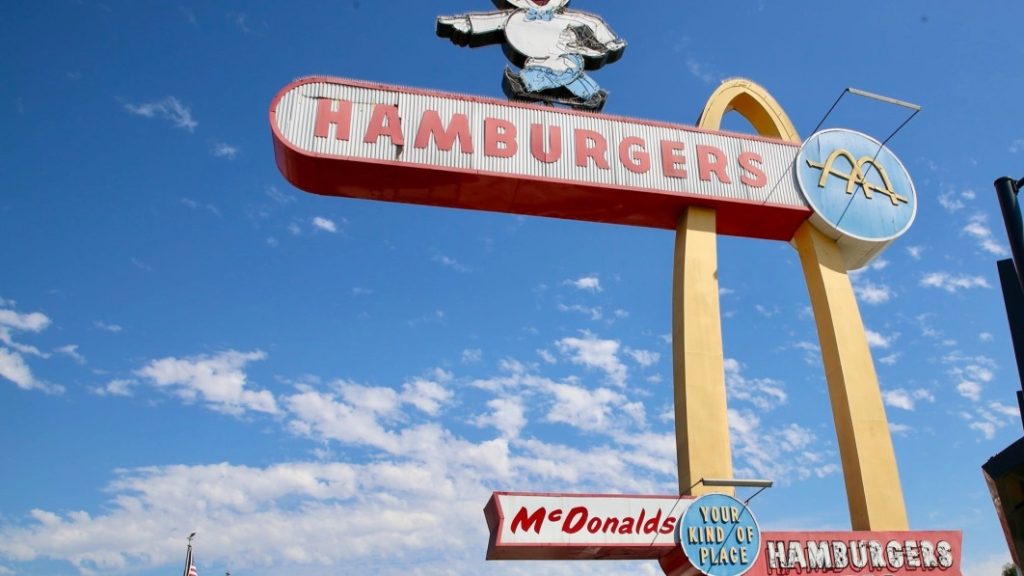
Fast food has been deeply intertwined with Southern California since its inception.
The logo of McDonalds is seen outside a shop in Vienna
Thomson Reuters
McDonald’s, Taco Bell, In-N-Out, Del Taco, Jack in the Box, and many other chains all have their roots in the area.
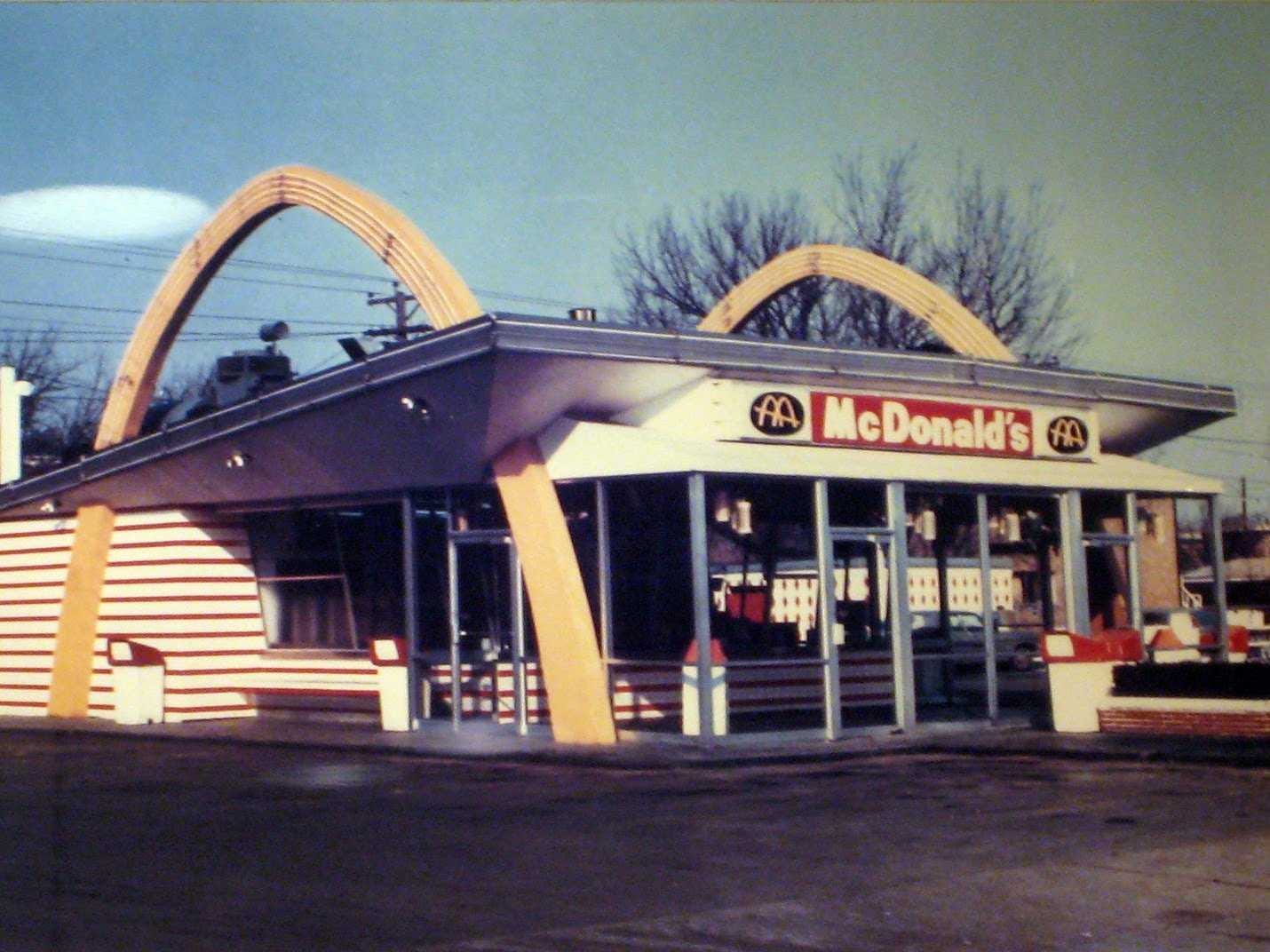
revitalizedesplaines.org
Taco Bell, Chipotle, and others are still headquartered there.
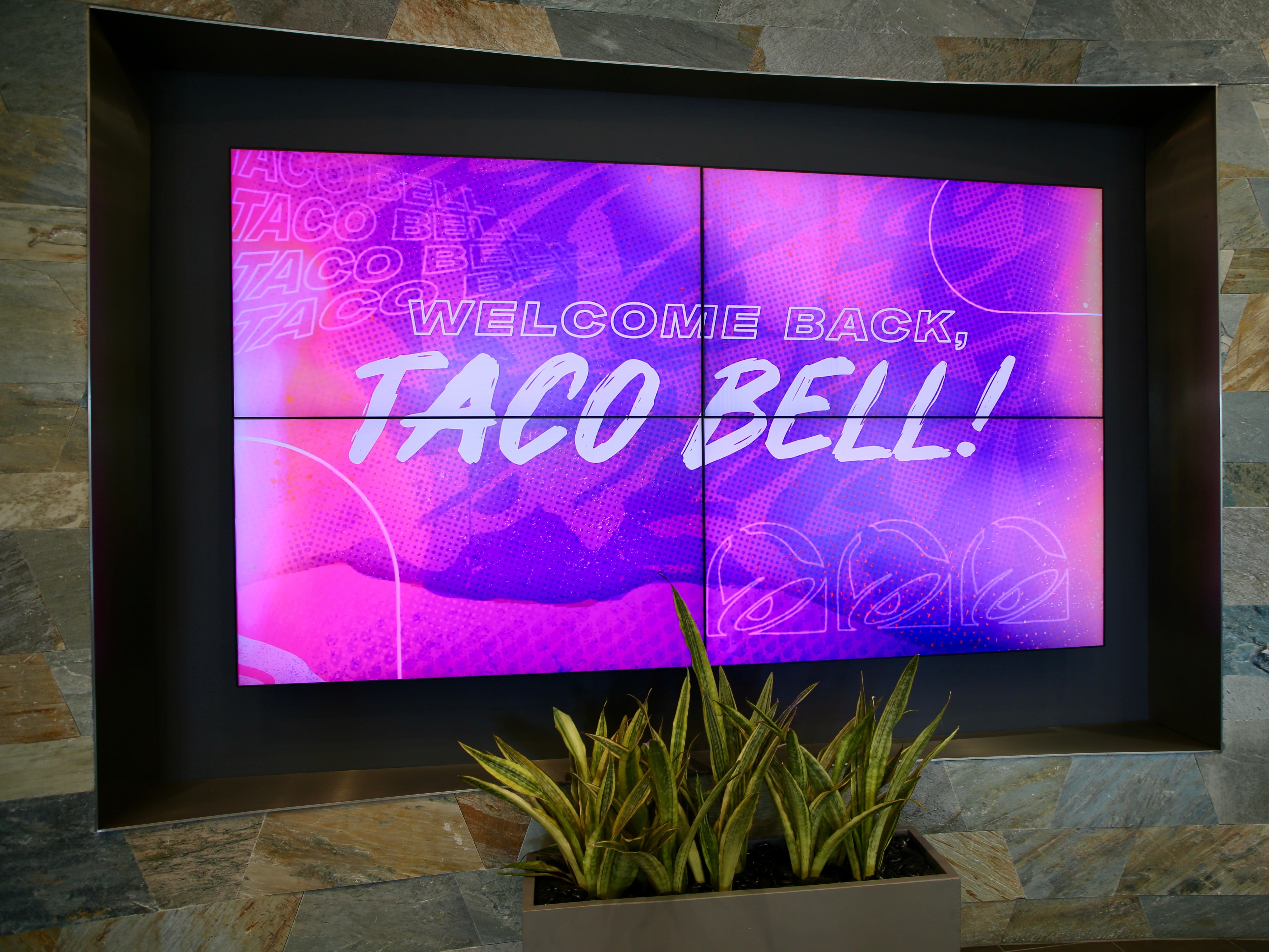
Mary Meisenzahl/Insider
Bob Wian opened the first Bob’s Big Boy in Glendale, California in 1936.
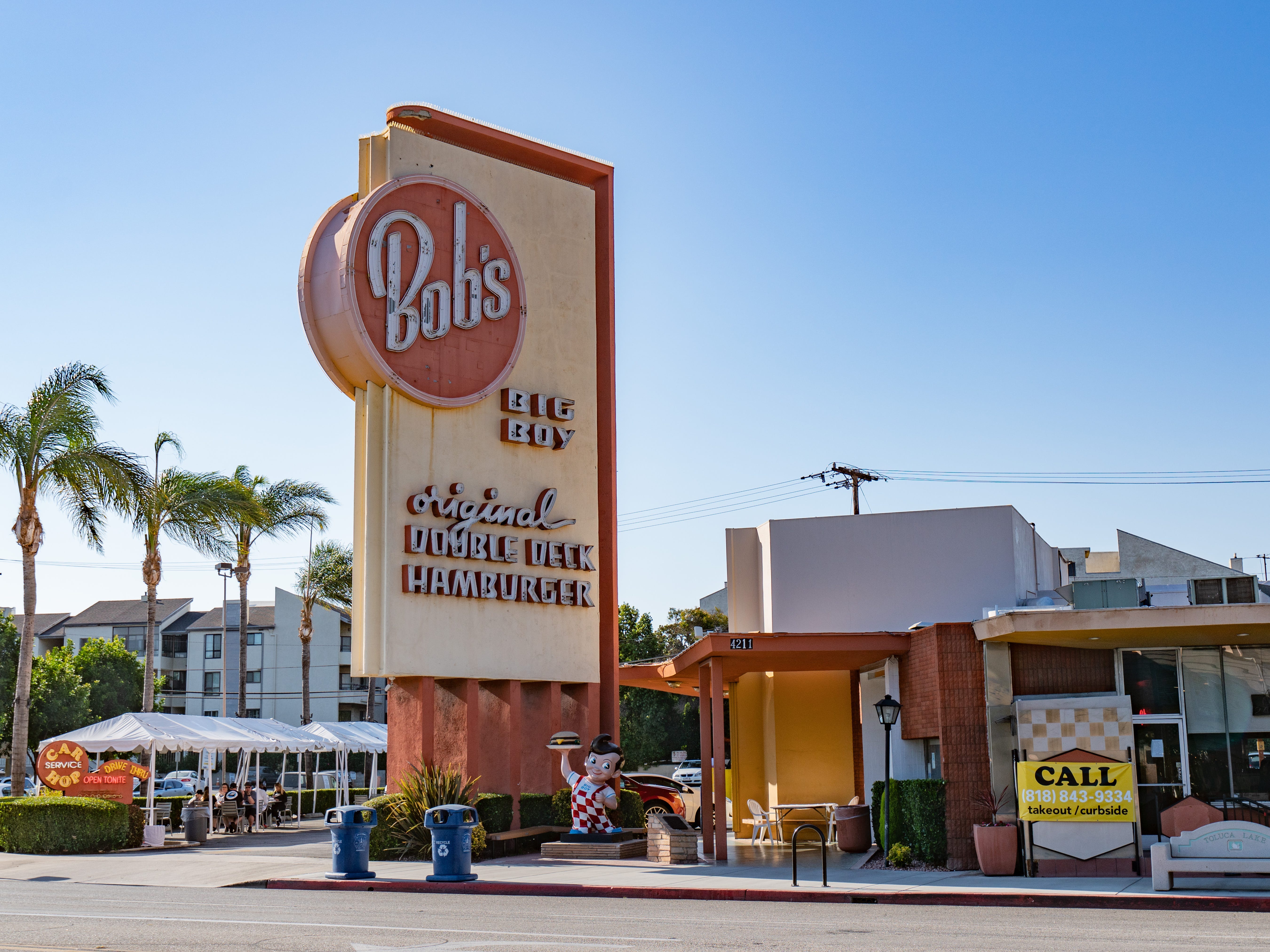
Photo by AaronP/Bauer-Griffin/GC Images
Source: Orange County Register
Wian was also credited with creating the double burger, now a fast food staple.
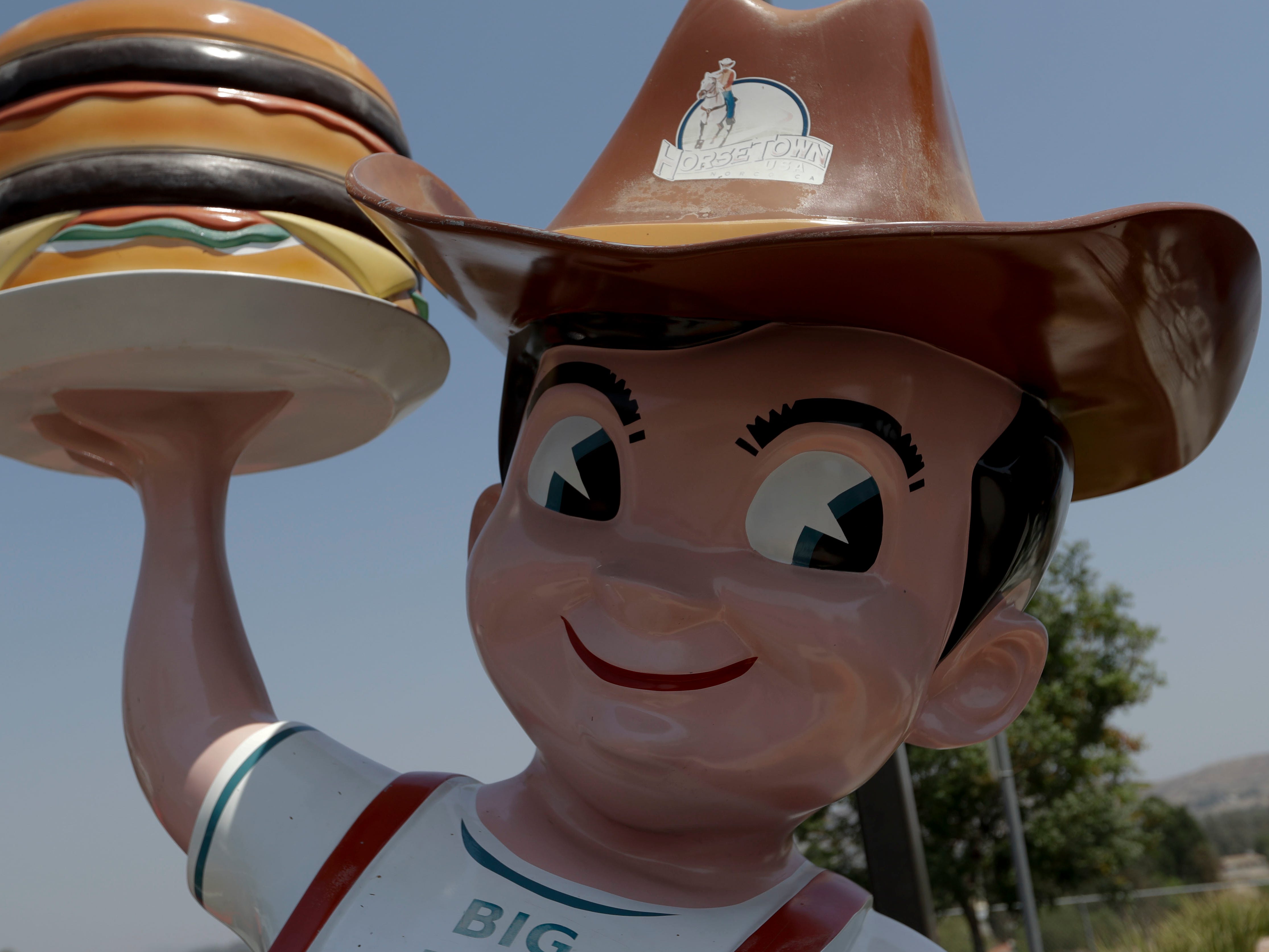
AP Photo/Chris Carlson
Wian had some experience with serving customers in their cars from his time at Kirby’s Pig Stand, which had carhops, in Texas.
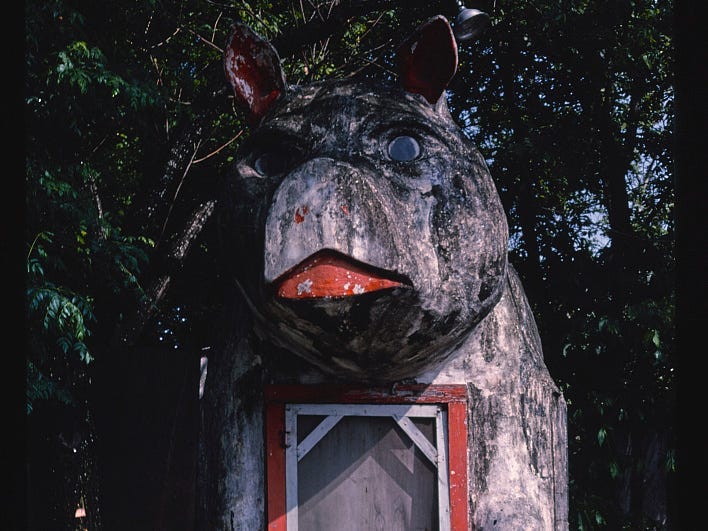
Margolies, John, photographer, Library of Congress
Source: Houston Historic Retail
Bob’s Big Boy had drive-ins for customers in cars, a precursors to drive-thrus.
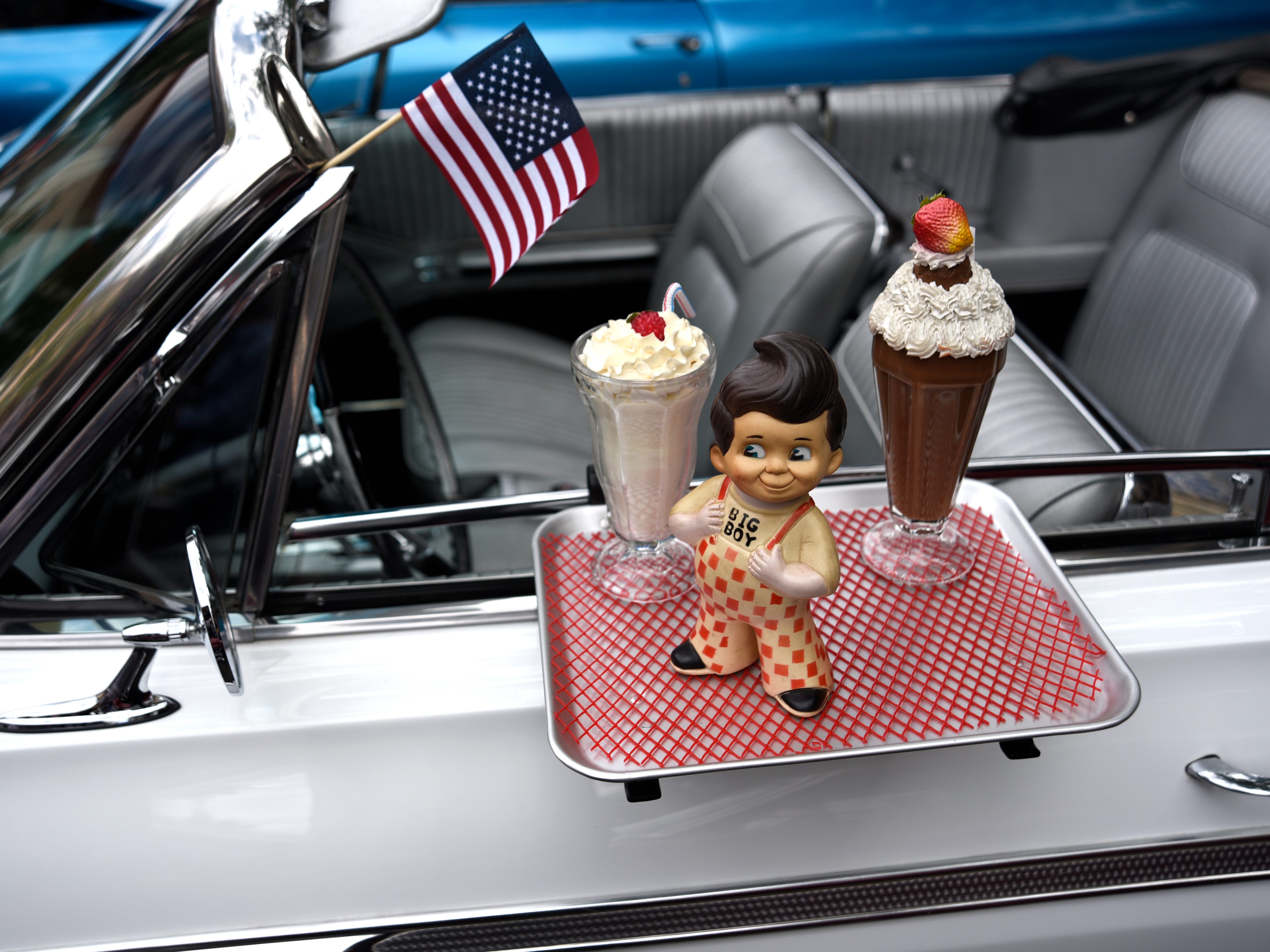
Photo by Robert Alexander/Getty Images
In 1940, the McDonald’s brother first opened McDonald’s Bar-B-Q drive-in in San Bernardino in 1940.
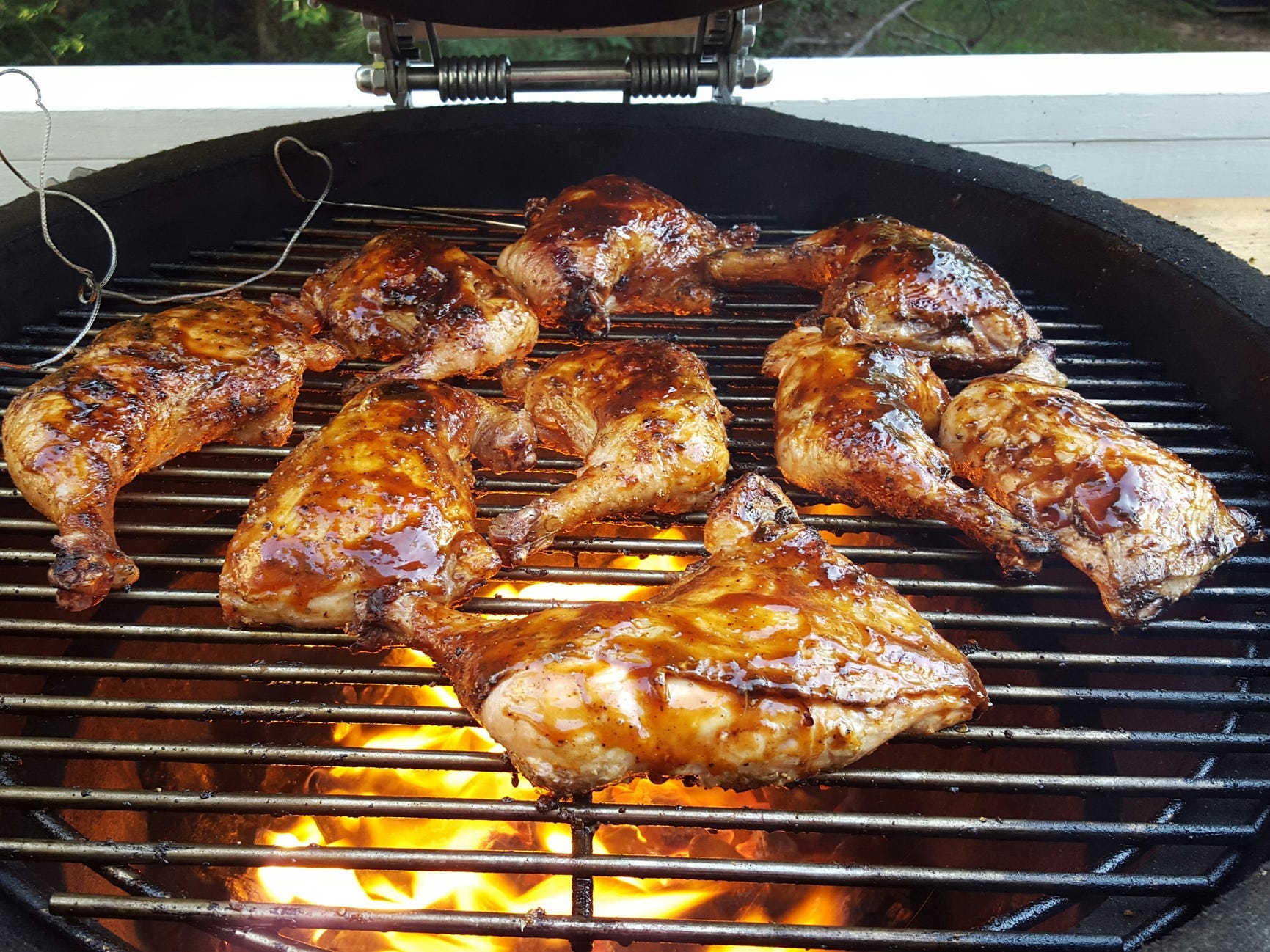
Chicken on a barbecue grill.
Getty Images
That same year, McDonald’s became up a walk-up burger restaurant.
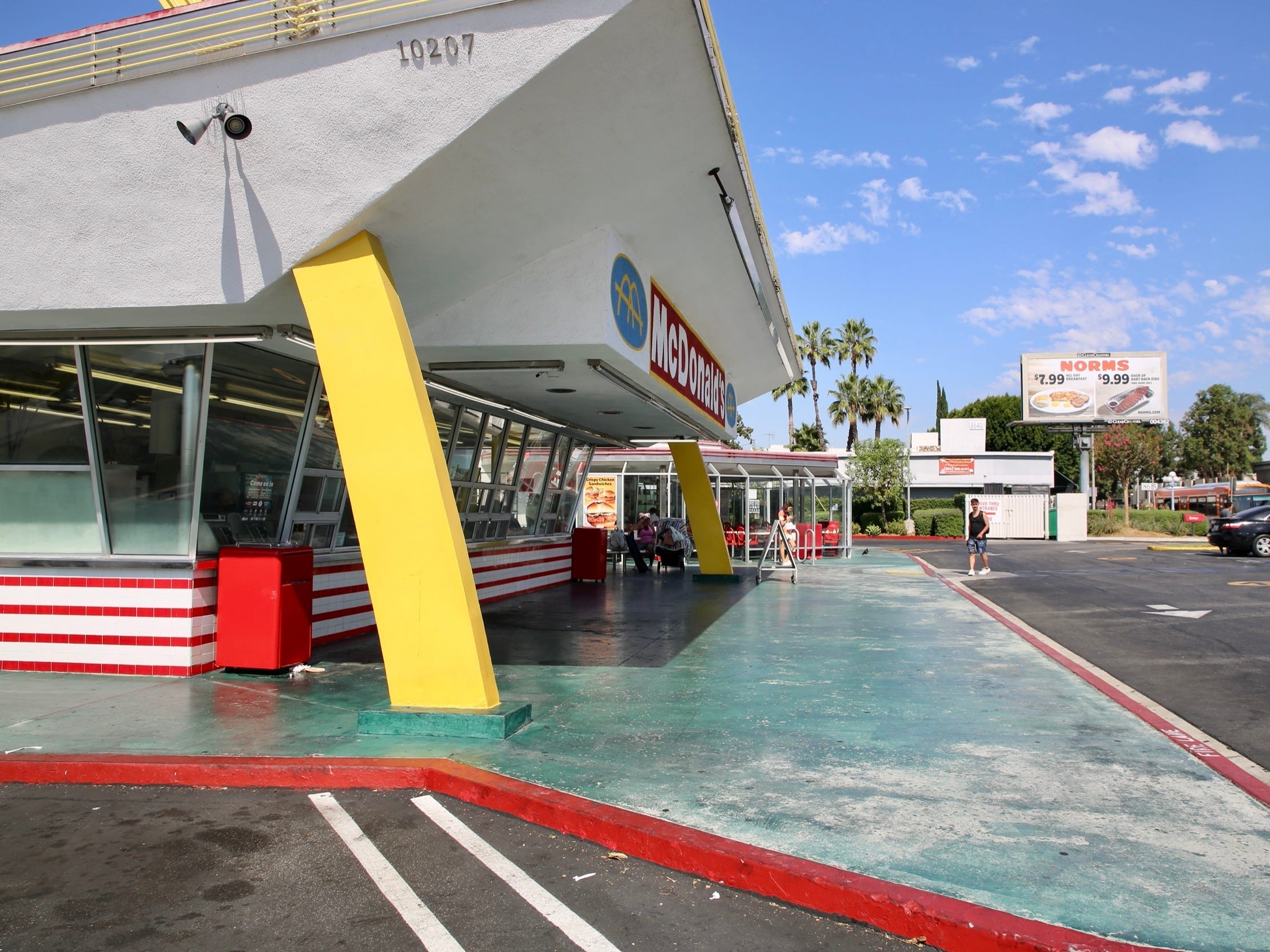
Mary Meisenzahl/Insider
By 1955, Ray Kroc was involved as the franchising agent, and he started the McDonald’s System, the predecessor to the McDonald’s Corporation.
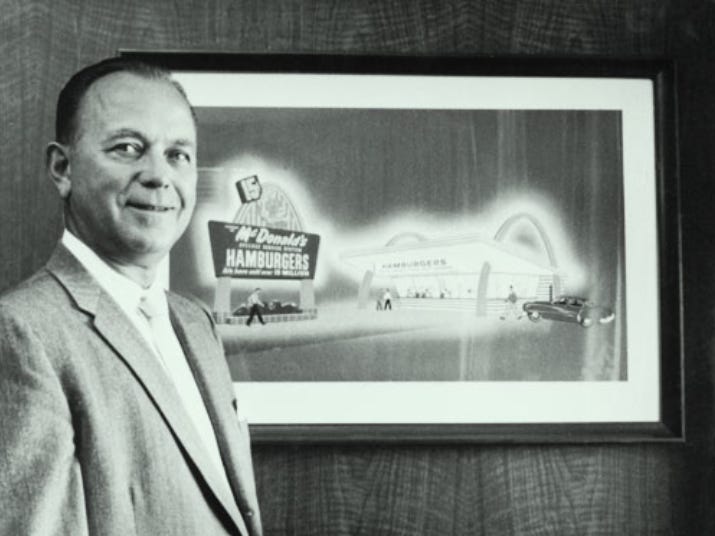
McDonald’s
Del Taco and Taco Bell, still competitors today, opened within a year of each other in 1960 and 1961.
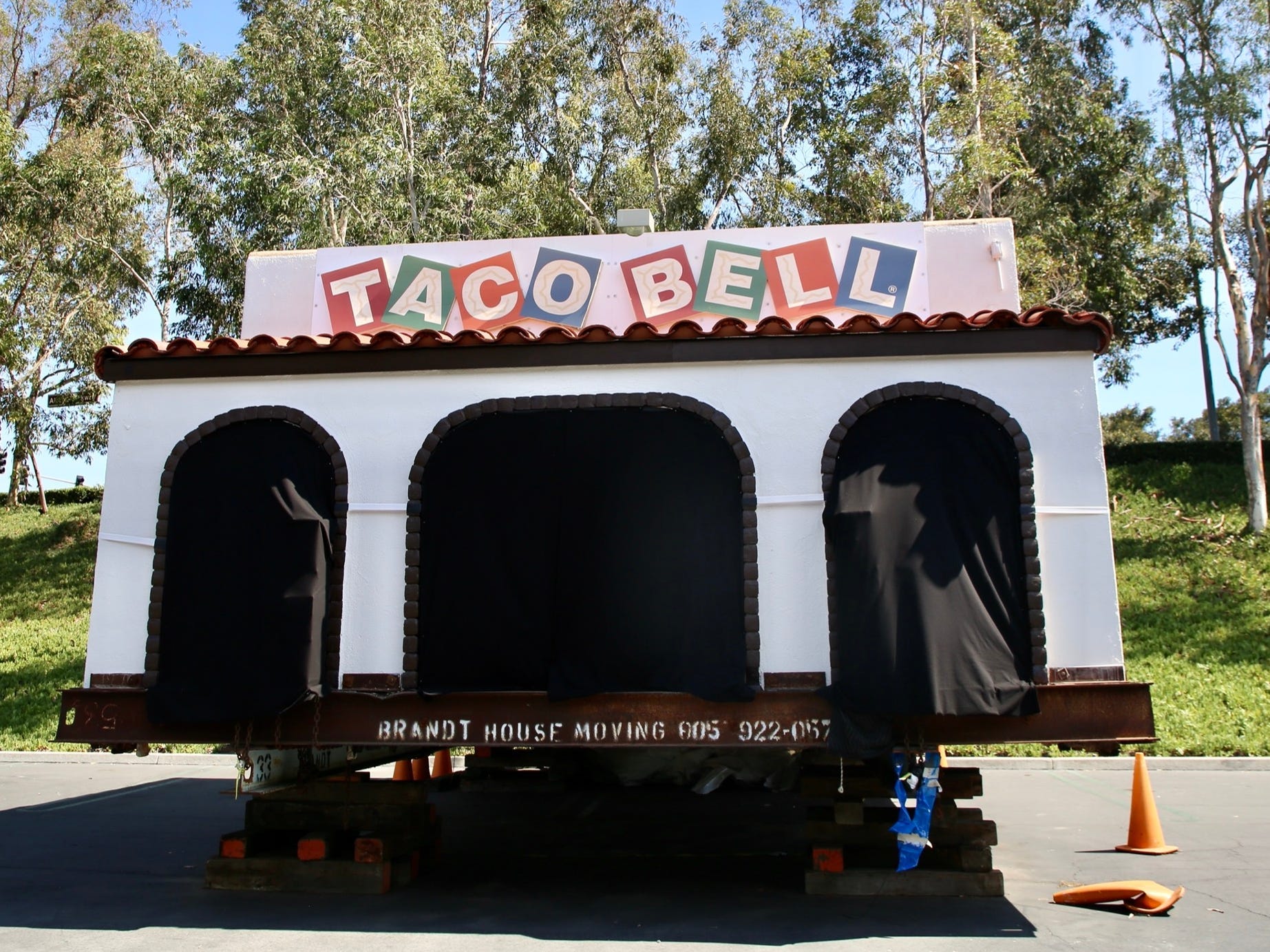
Mary Meisenzahl/Insider
The two restaurants broke from the hamburgers and french fries mold of fast food at the time to sell burritos and tacos.
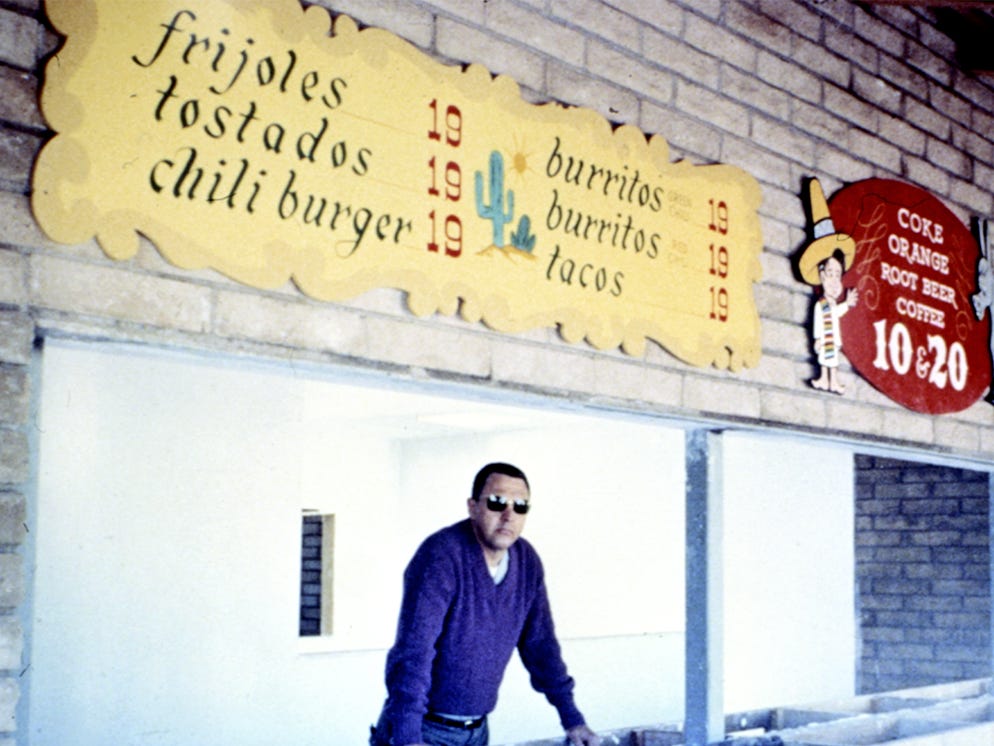
Taco Bell’s original menu from the 1960s.
Courtesy of Taco Bell
At the same time, these restaurants were growing and expanding, the US was building its massive highway system.
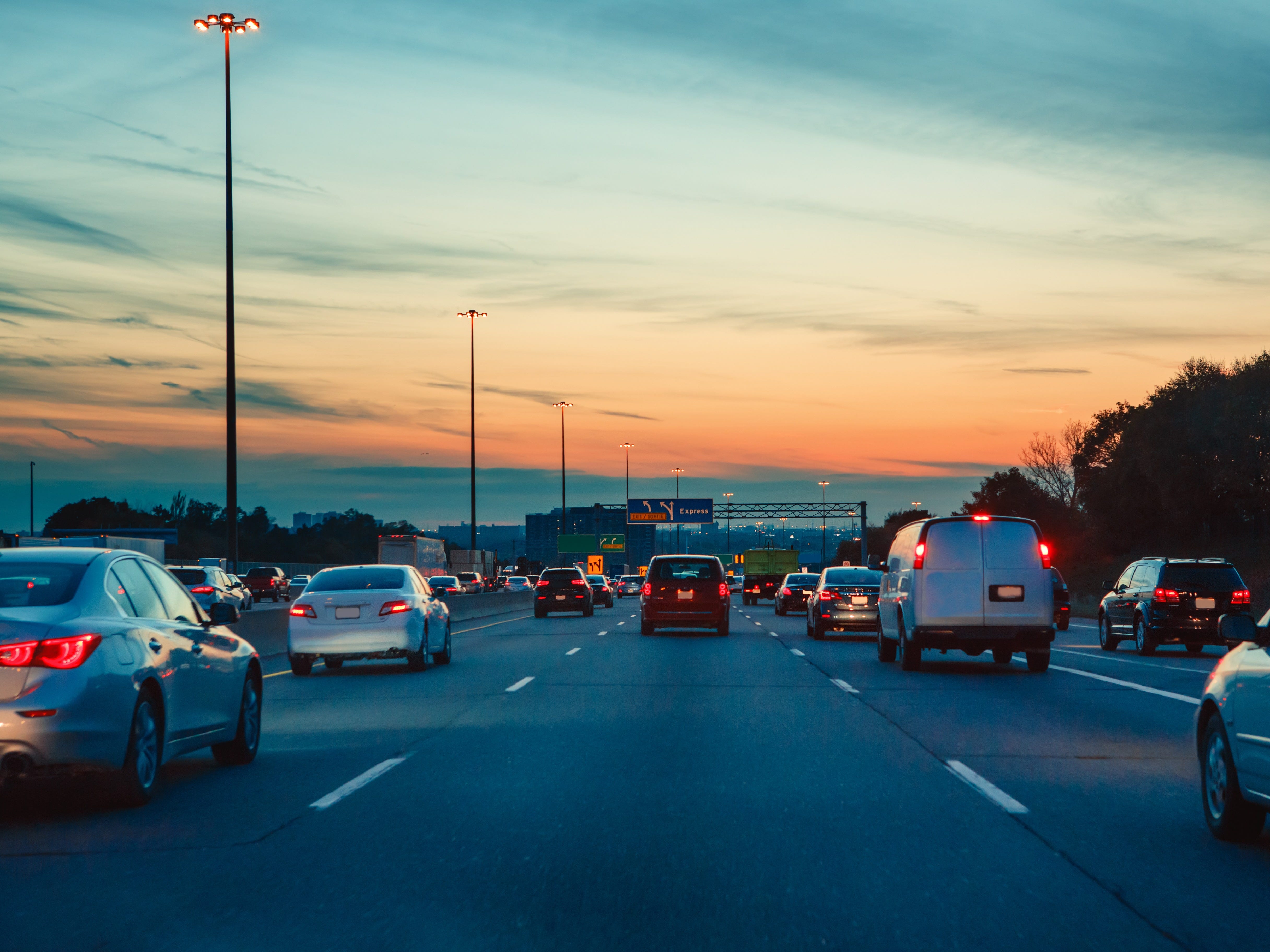
Shutterstock
Source: Federal Highway Administration
American life was redesigned around car culture, and Americans wanted convenient food stops that fit into that life, according to author and journalist Adam Chandler.
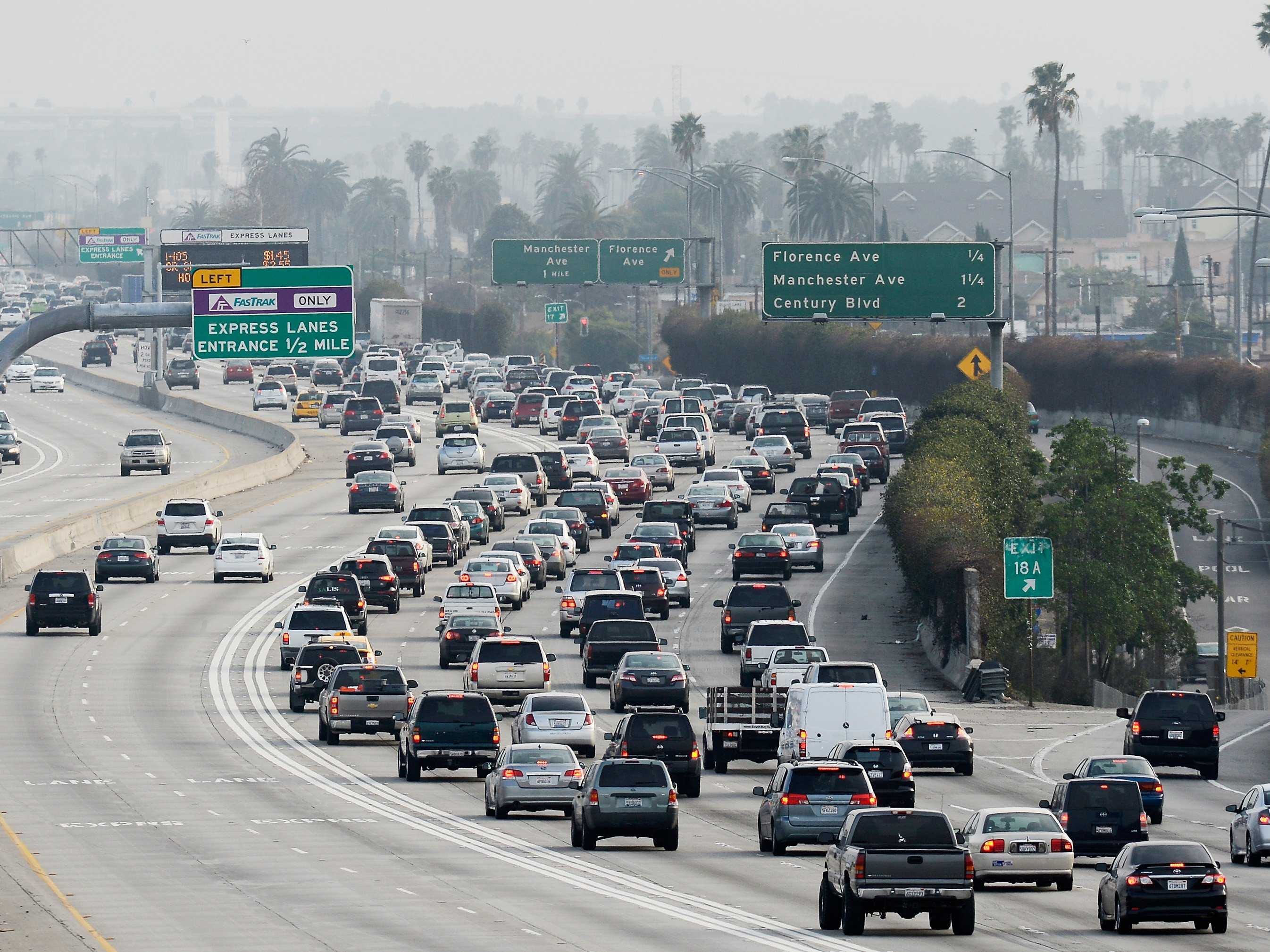
Getty Images
Source: Smithsonian Magazine
Southern California in particular grew based on cars, which enabled suburban housing tracts, malls, and fast-food restaurants to emerge.
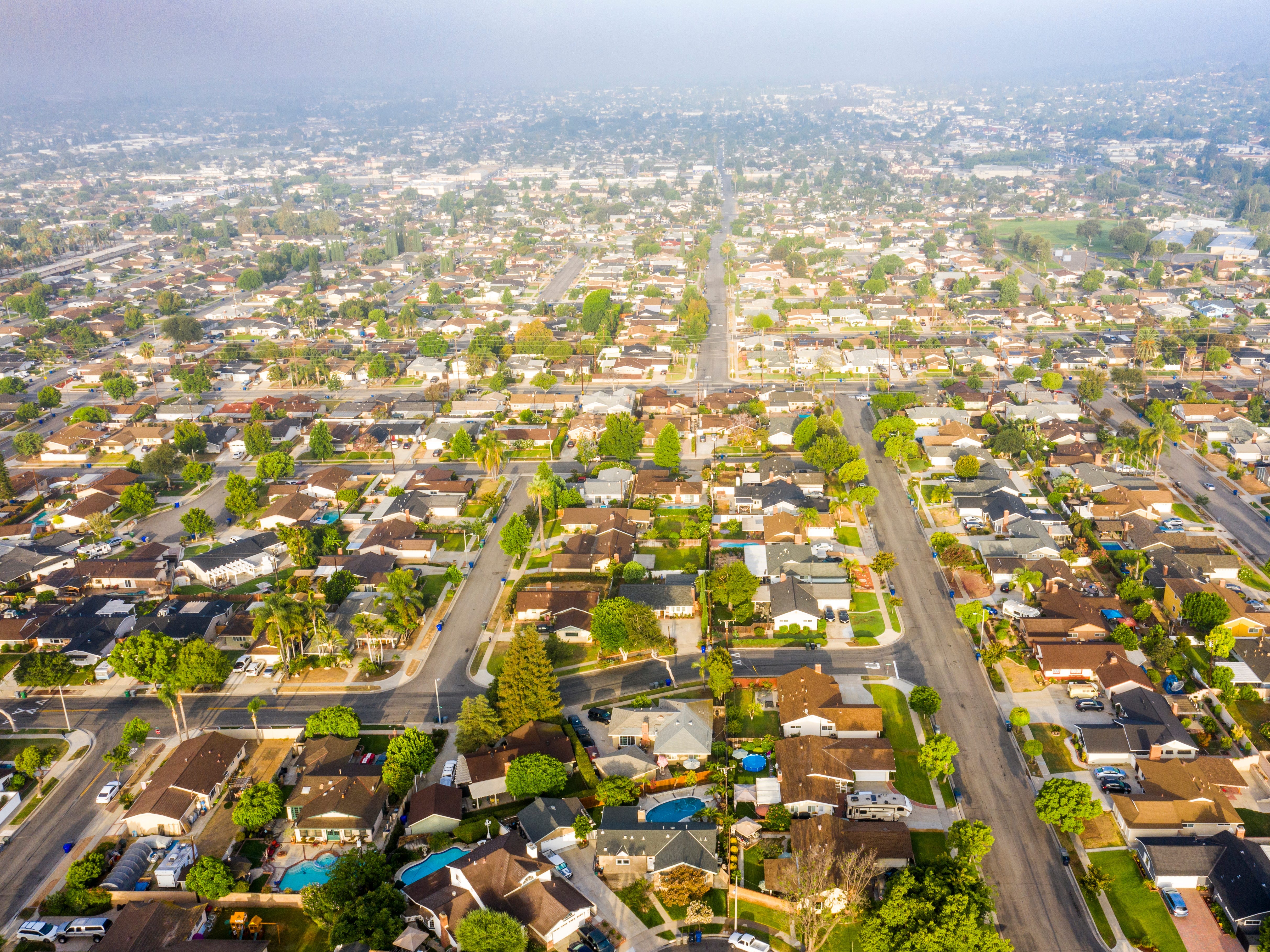
adamkaz/Getty Images
Southern California boomed with money as a national leader in aircraft and automobile production and other defense spending.
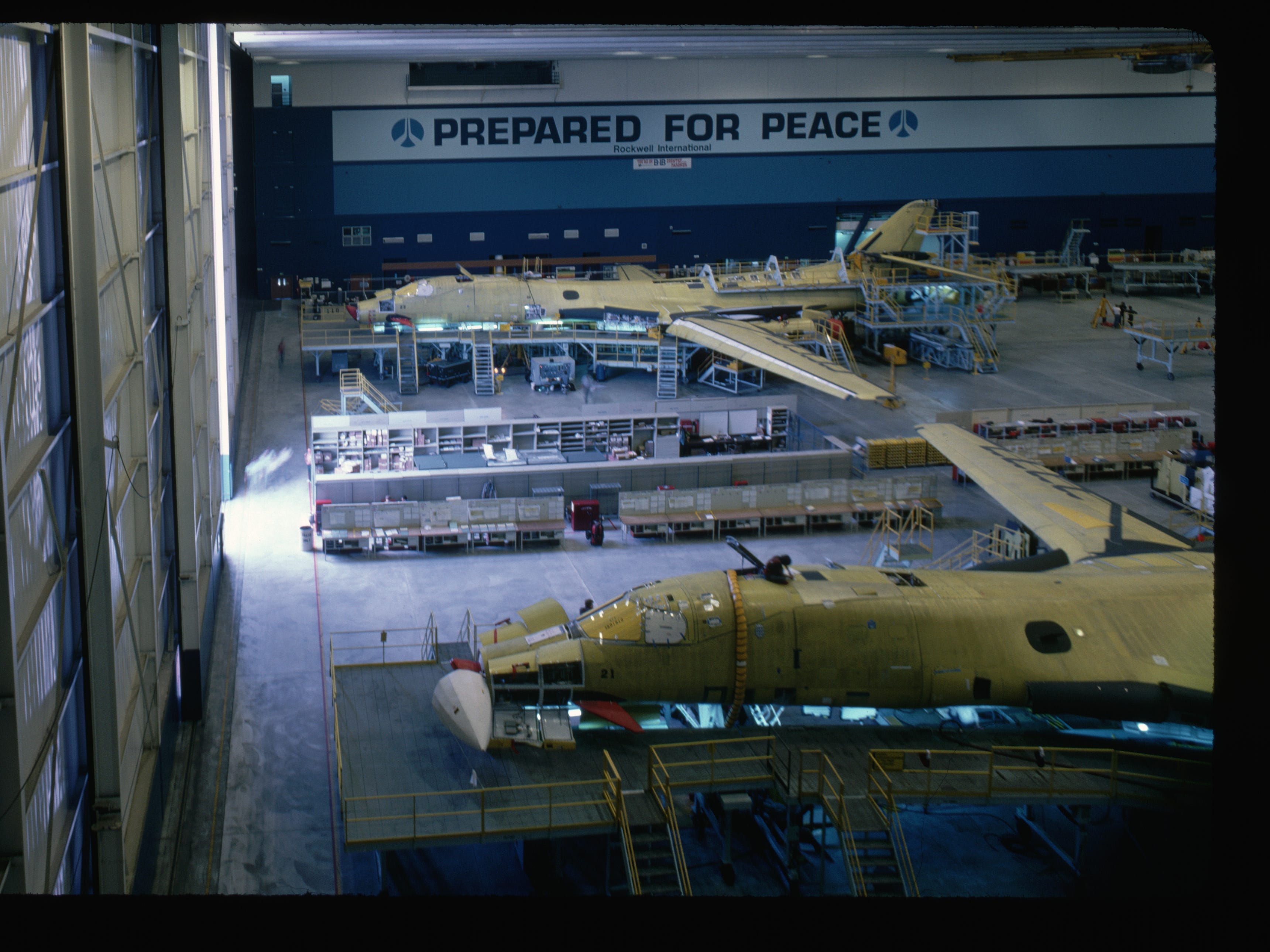
Photo by Roger Ressmeyer/Corbis/VCG via Getty Images
Source: California Capitol Museum
A car-centered culture, spending money for leisure, and a growing demand for fast and efficient food made a perfect storm for fast food to start, poising the industry to grow through the rest of the world.
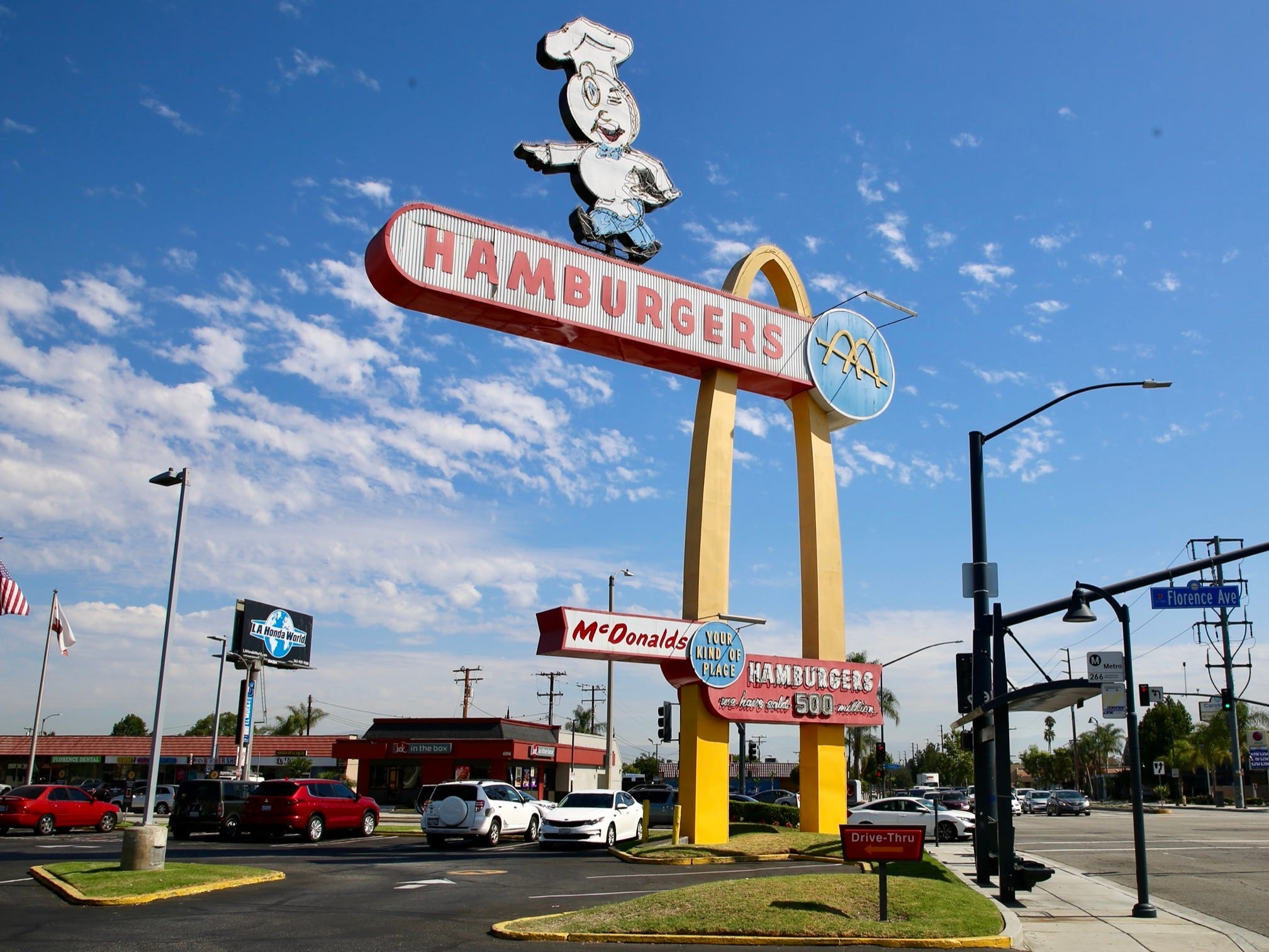
Mary Meisenzahl/Insider
Do you have a story to share about a retail or restaurant chain? Email this reporter at mmeisenzahl@businessinsider.com.
Southern California was primed to develop drive-thrus, which make up about 75% of fast food industry sales today.
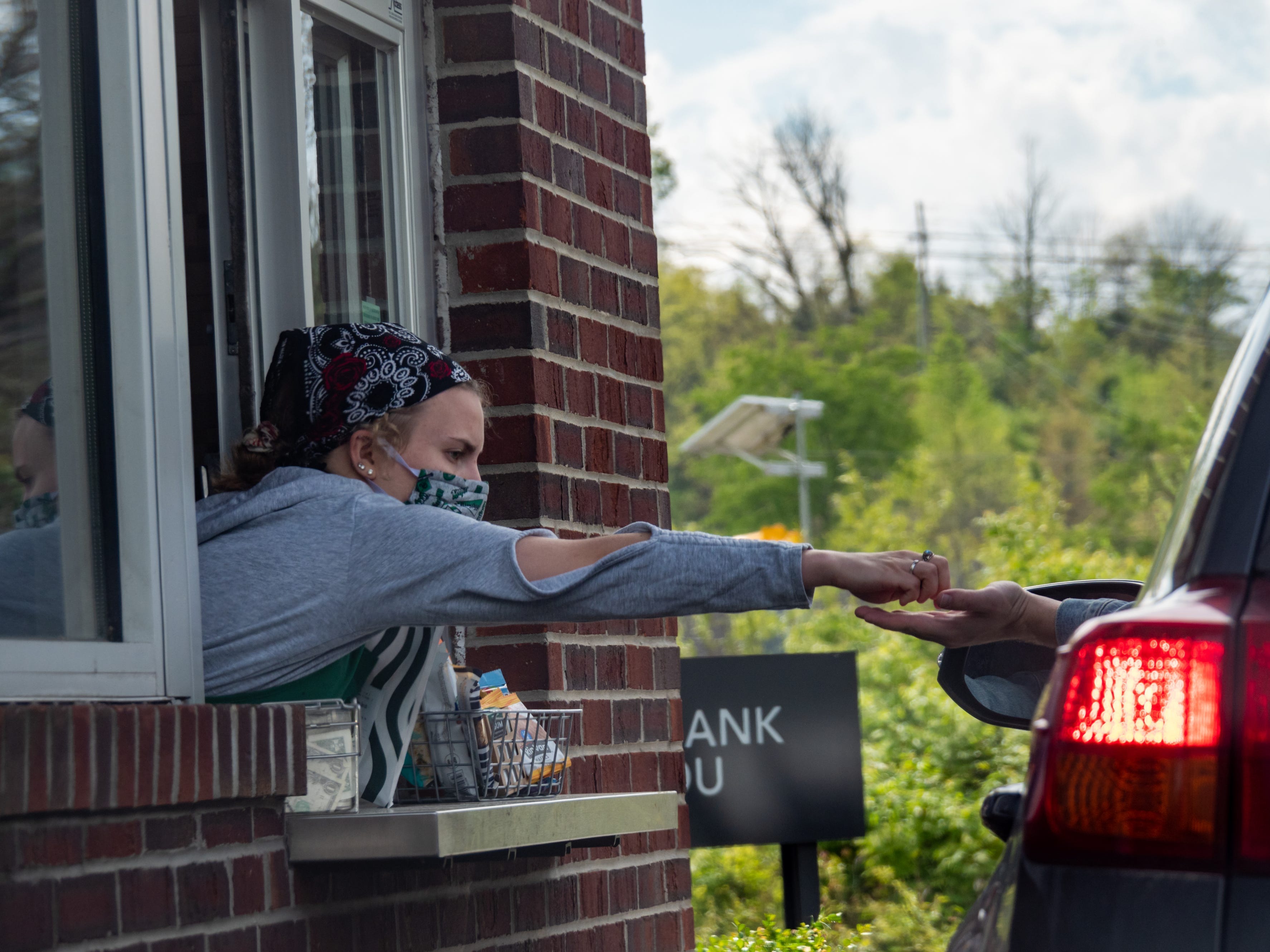
Starbucks drive-thru.
Photo by Jason Whitman/NurPhoto via Getty Images
Source: Nation’s Restaurant News



